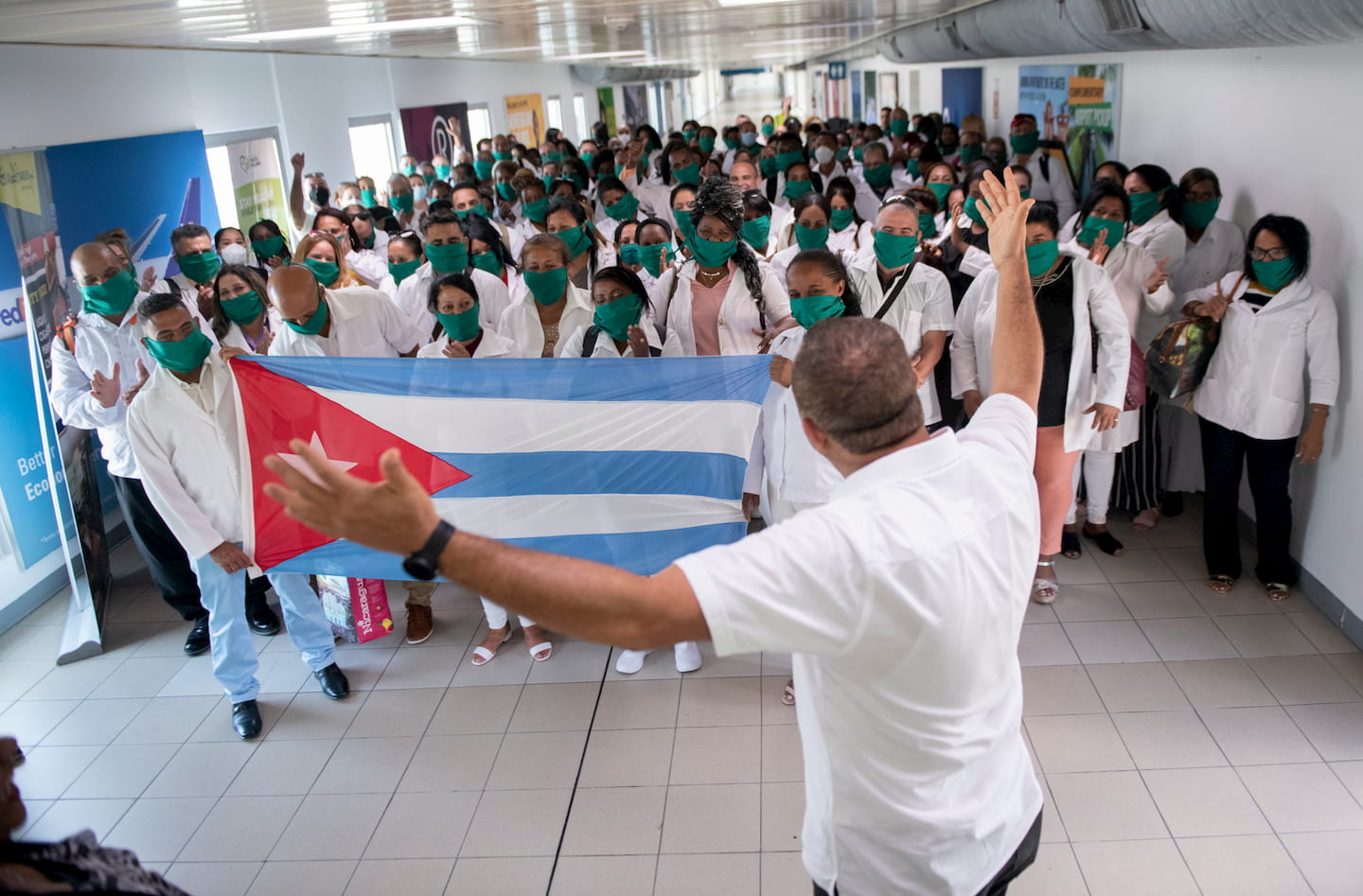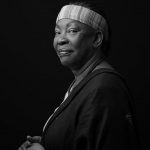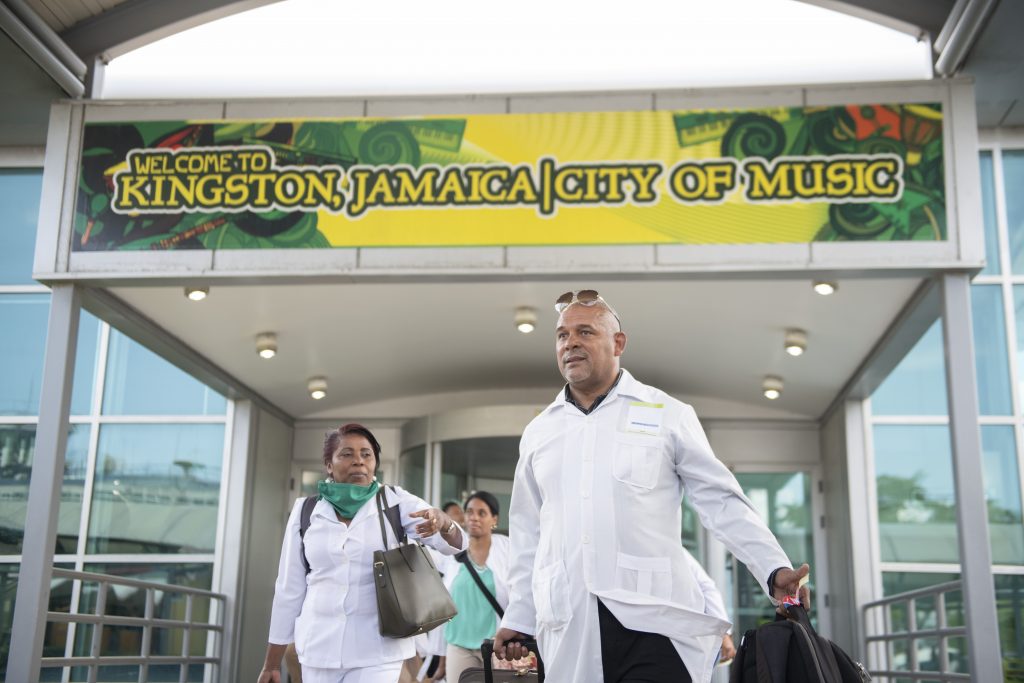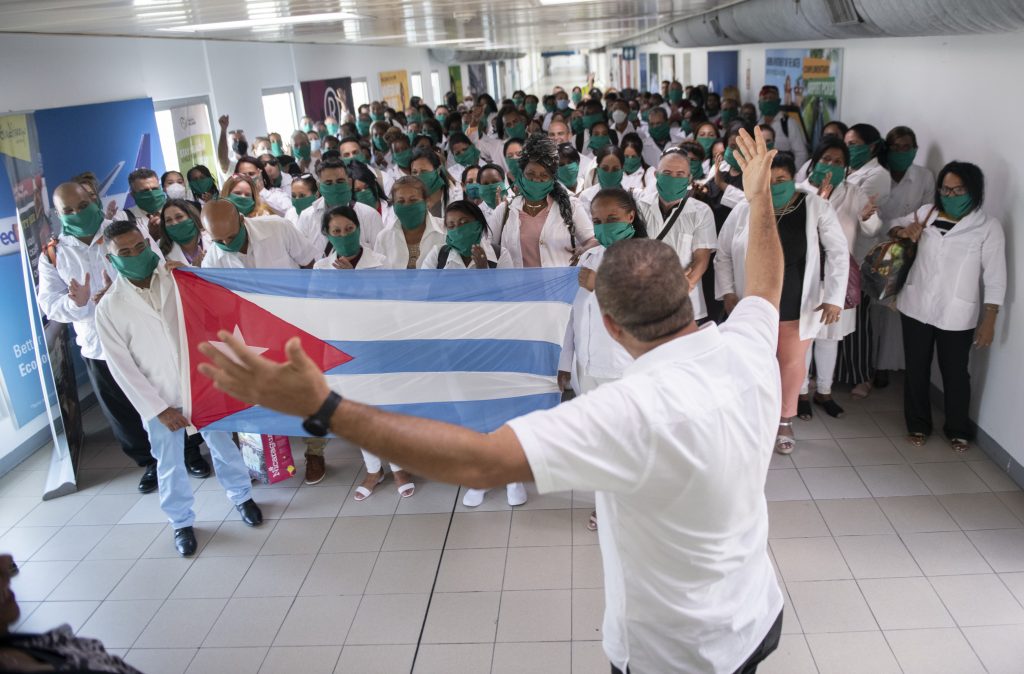HeartBun is not unmindful of the many theories which abound about the origin of the nightmare we are now calling the coronavirus (COVID-19) pandemic. He takes comfort in the wisdom of the ancients that the longest liver will see the most. Anticipating that the next pandemic could be infinitely worse, his immediate concern is that we are all learning the lessons which will make us infinitely better as a species than we are at the moment.
The emergency response to COVID-19 has put a great big spotlight on the inequities many have taken as normal and which threaten to result in a real social and economic disaster. It challenges people who want and believe that social change is possible. It has strengthened the ideological justification for, and thus heightened the resistance of those who have come to take comfort in the benefits to be derived from inequities. It has highlighted the fact that far too many people in positions of national leadership are oblivious to the daily realities of a large number of those they aspire to lead.
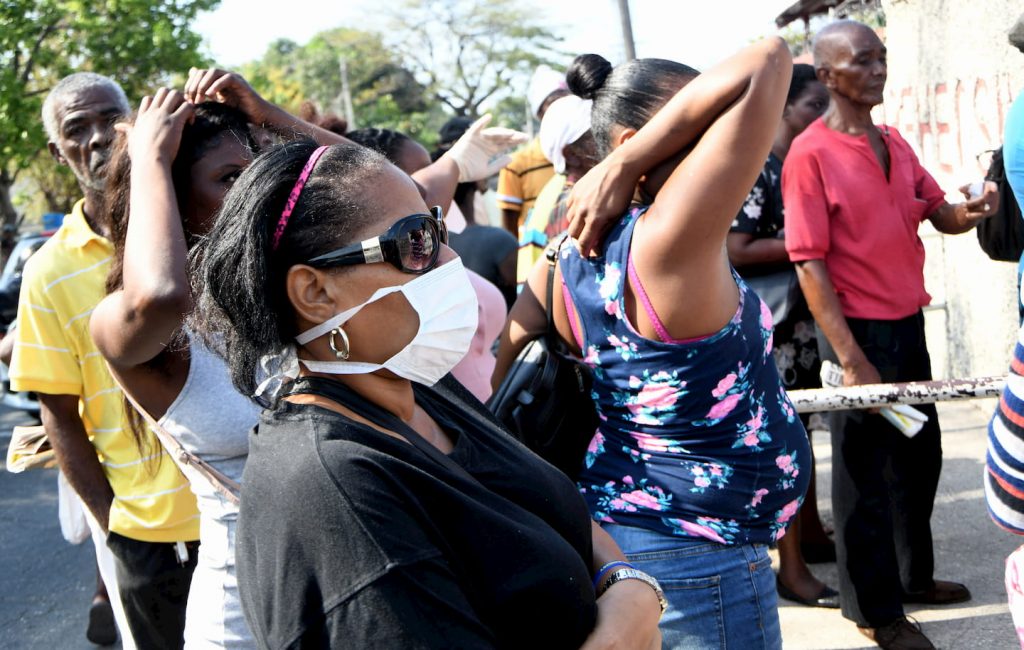
KinTeet knows first-hand that the idea of self-isolation, for example, is simply not possible in the one-room dwellings in the overcrowded informal settlements which many call home. In fact, he has seen many of these settlements in close proximity to the precious tourist resorts where too many Jamaicans “henker” for a piece of the tourism pie and in which too many of them who actually work at these resorts live. That is just one reason that he was rendered speechless by the reports that some multimillionaire owners of airlines would be making out a case to receive financial assistance from money earmarked for the stimulus package in the United States of America.
What makes such a mentality different from that of the person or people who would relieve the hospital of vital emergency supplies? Or enter into a supermarket brawl for commodities for which there are clearly enough for everyone to have a fair share?
What makes the job, and therefore the remuneration, of the CEO more essential than the domestic worker who cares for his family while he undertakes essential nation-building tasks?
These are but few of the revelations about how we have engineered social disabilities by the barriers which have either evolved or been deliberately constructed to place human beings into different political and economic camps, each carrying its own set of rewards or punishments. These are often linked to the further classification of the roles they have been assigned, played on behalf of the collective, into essential and non-essential. In too many instances we have conflated these terms to mean human beings as well.
What makes the job, and therefore the remuneration, of the CEO more essential than the domestic worker who cares for his family while he undertakes essential nation-building tasks? Do you mean to say that nobody noticed before that nurses were taking public transportation to get to work? Or that they travelled in the same uniforms, collecting the same germs as the sick people they were then to meet in the emergency rooms or hospital wards? They represent just one example of the dangers inherent in our economic classifications.
The dangers are present in other areas of endeavours such as in the ridiculous obsession with age. HeartBun grieves that it renders us oblivious of the value of the experience of persons over 60 years old who, before COVID-19, were already placed in isolation by something called “retirement” without any regard for how we isolate the entire society from the wisdom of their years and the value of their experience. Unless, of course, they fall into the divine category called “politician” and the virus causes us to waffle our way out of the conundrum and stumble upon some exceptions that could be made.
We have stumbled upon the fact that it is possible to work from home and we need not always be herded into veritable plantations, clocking in and clocking out, eating at times scheduled for us to be hungry or take a bathroom break, in bathrooms where sometimes there is no water. Does the new recognition of the need for something as basic as water teach us that its supply cannot be held in private hands? Does it cause us to reflect on the value of the Cockpit Country and why it should remain sacred national property, free from exploitation based purely on economic viability?
In the crisis response did we overlook the suffering of others such as in the earthquake in Croatia for example? In the continuing refugee crisis? In the new wall being constructed by the Israelis? As we watched the Cubans taking on the medical fight around the world and arriving on our shores, did we celebrate the fact that “we an we neighbour dem good”?

Cuban medical professionals exit the arrival area at Norman Manley International Airport in Kingston. The group will be quarantined for 14 days before being dispatched across the island in the fight against COVID-19. – Gladstone Taylor/Multimedia Photo Editor 
Minister of Health and Wellness Dr Christopher Tufton welcomes 140 Cuban medical professionals who arrived at the Norman Manley International Airport in Kingston March 21, 2020. – Gladstone Taylor/Multimedia Photo Editor
KinTeet hopes we are learning what we could possibly look like after COVID-19. We cannot allow ourselves to return to the absurdities we now take as normal. The social, cultural, economic and political inequities are not simply artificial. By their very nature, they are inimical to the forward, harmonious growth of humanity. Relearning is possible. If we can learn to work and study from home, we can also learn to tear down barriers, “come togedda inna one love Jamdown” and “play our part in advancing the welfare of the whole human race”.
Amina Blackwood-Meeks, PhD, Cultural Studies, is a lecturer and college orator at The Edna Manley College of the Visual and Performing Arts.
Viewpoints is committed to expanding its range of opinions and commentary. Share your views about this or any of our articles. Email feedback to viewpoints@gleanerjm.com and jamaicantukuma@gmail.com.
